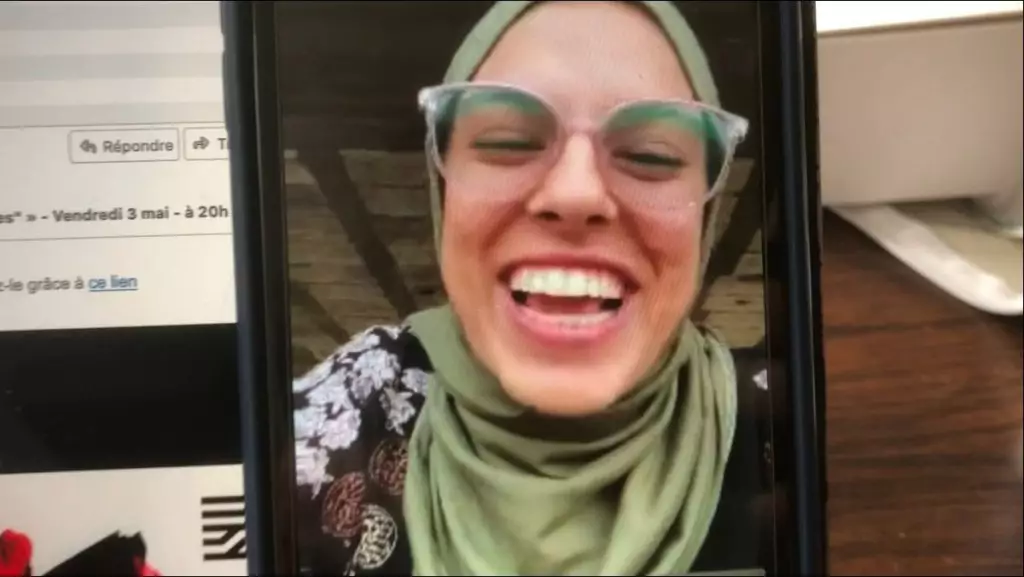The Cannes Film Festival is not merely an extravaganza of cinema but a platform that echoes globally resonant issues and voices. The heartbreaking loss of Fatima Hassouna, a gifted Palestinian artist and photojournalist, tragically underscores the very essence of this platform. Killed in an Israeli airstrike along with nine family members, Hassouna’s death is a profound loss not just for her family but for the worldwide audience she aimed to enlighten through her work. This fatal event, occurring on April 16, strikes a personal chord; it serves as a reminder of the looming violence that engulfs the region, where art is an act of courage in the face of despair.
Hassouna’s photographic narrative transcended mere documentation. At just 25, she sought to illuminate the human experience within the fractured landscape of Gaza, showcasing daily life amidst absurdity—a powerful juxtaposition that demystified the ongoing conflict. The Cannes Film Festival’s declaration of profound sadness is more than just a formal statement; it calls for reflection on the intersection of art and humanity, emphasizing how each casualty is a profound loss of potential and voice.
Art as Resistance
The documentary featuring Hassouna, titled “Put Your Soul On Your Hand And Walk,” directed by the French-Iranian filmmaker Sepideh Farsi, was selected for the ACID section of the festival. This remarkable inclusion underlines the significance of her work while simultaneously serving as an act of defiance against violence. The festival intends this screening not as a trivial node in the cinematic calendar but as an impactful tribute enriching the memory of a fallen artist. The acknowledgment is loaded with meaning: amidst tragedy, art can still flourish, providing a balm for collective grief and a medium for change.
The stakes are painfully high, especially with violence resulting in staggering death tolls in Gaza. As the humanitarian crisis unfolds, those like Hassouna are thrust into roles that are often misconstrued as political. However, for many artists and journalists, it is about illuminating truth in a world riddled with narratives of power and suppression. Her personal endeavor to humanize the impact of conflict is monumental, giving voice to those who often remain silent amidst chaos.
The Global Response
The broader international community, acknowledging Hassouna’s tragic demise, must grapple with the ongoing suffering in Gaza. The figures are staggering; as reported, casualties have soared to nearly 51,065, a harrowing testament to the need for urgent humanitarian action. Amid such chaos, it becomes even more pressing for artists and filmmakers to rise and challenge the narrative through their lens. The artistic domain can foster dialogue, revealing the fragile humanity beneath political discord.
In retrospect, the Cannes Film Festival’s commitment to showcase works like Hassouna’s embodies not only an act of remembrance but also a call to action for all of humanity. It gently nudges us to rethink art’s role in society—not merely as entertainment, but as a powerful conduit for empathy and understanding in a world that desperately needs connection. To honor Fatima Hassouna is to recognize the ability of individual stories to catalyze broader discussions about conflict, resilience, and the undying spirit of creativity. ShaExpectations should be tethered not only to remembrance but also to unwavering advocacy for those who continue to tell their stories from the margins.
